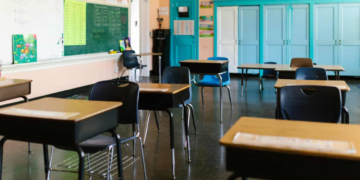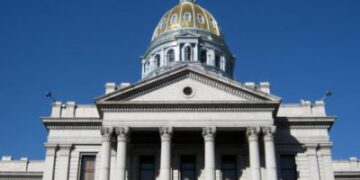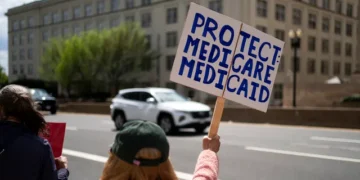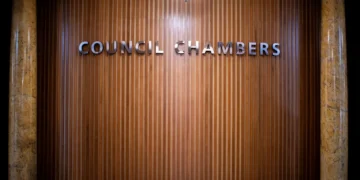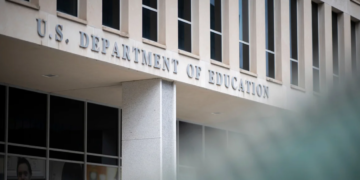Dec 19, 2024 Story by: Editor
Enrollment of first-year Black and Hispanic students at Harvard Law School has dropped by nearly half this year, according to enrollment data released this week.
Key Context:
The class of 2027 marks the first cohort admitted after the Supreme Court decided to strike down affirmative action last year. This landmark ruling, which many education advocates feared would erode diversity in higher education, has significantly altered how institutions recruit diverse student bodies and jeopardized the representation of Black and Latino students nationwide.
Similarly, the University of North Carolina also reported a decline in the diversity of its first-year students this year.
By the Numbers:
At Harvard Law, only 19 Black students enrolled as first-years this year, accounting for 3.4% of the class, according to data submitted to the American Bar Association (ABA).
- This represents a sharp decline from the 43 Black students enrolled as first-years last year, based on ABA data.
- It is also the lowest number recorded since the 1960s, per The New York Times.
- First-year Hispanic enrollment at Harvard Law also fell significantly, dropping from 63 students last year to 39 this year.
In contrast, other top law schools experienced smaller declines in Black and Hispanic enrollment, and some, like Stanford, even saw increases, The Times reported.
Official Statement:
Jeff Neal, a spokesperson for Harvard Law School, acknowledged the impact of the Supreme Court ruling in a statement:
“When the Supreme Court ruled last year, it was understood that the decision would impact, in ways that could not be fully anticipated, the ability of educational institutions across the nation, including law schools, to attract and admit a diverse cohort of students.”
Neal reaffirmed the importance of diversity in legal education:
“We continue to believe that a student body composed of persons with a wide variety of backgrounds and experiences is a vital component of legal education.”
However, he cautioned against drawing firm conclusions from a single year’s data:
“Harvard Law School remains committed both to following the law and to fostering an on-campus community and a legal profession that reflect numerous dimensions of human experience.”
Broader Trends:
The Supreme Court’s ruling has coincided with a nationwide rollback of diversity, equity, and inclusion (DEI) initiatives at colleges.
- Republican lawmakers, including former President Trump, have pledged to eliminate DEI programs nationwide.
- States such as Florida, Texas, Iowa, and Utah have banned DEI offices and initiatives at public universities, while Alabama has imposed restrictions.
- Even universities in states without DEI bans have begun cutting related programs. For example, the University of Missouri preemptively closed its DEI office to avoid future legislation, and the University of Michigan is ending diversity statements in hiring and promotion, despite having one of the most robust DEI programs in the nation, according to Inside Higher Ed. Source: Axios



